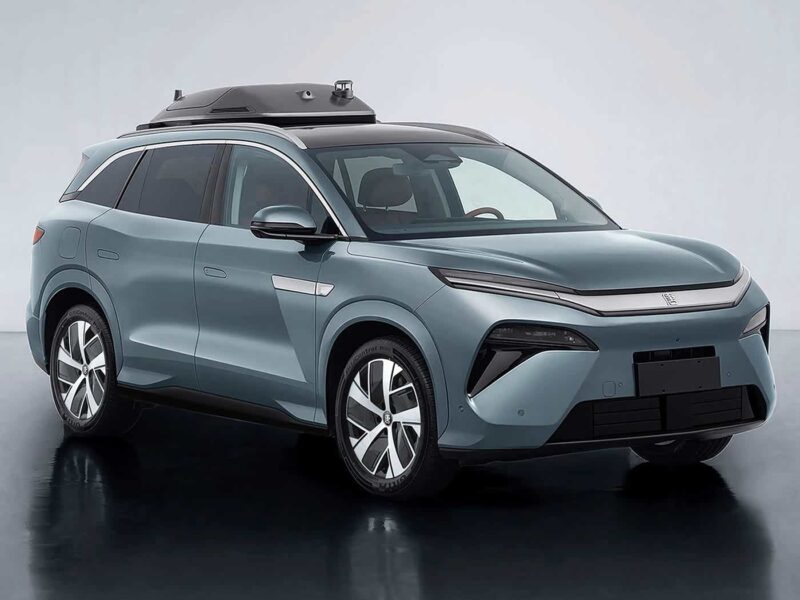Xiaomi launched the highly anticipated YU7 SUV in China on Thursday, securing 240,000 lock-in (non-refundable) orders in 18 hours. While the media focus on the impact on Tesla’s Model Y SUV, which will likely be affected by YU7 sales in China, the new Xiaomi SUV will also hit hard Chinese EV startups as well as legacy automakers, including BYD.
And folks in Shenzhen have a big reason to be unhappy. Not only will YU7 put pressure on sales of their mid-to-large SUVs, such as the Sealion 8 and Song L, but also because of how well Xiaomi executed the market entry for YU7 and how they utilised strong branding and their hardcore fan customer base.
In April, the Shenzhen-based automaker launched its flagship SUV, called BYD Tang L. Without tens of thousands of preorders, without tens of thousands of sales in the coming months, and without attention from most mainstream media. The only reason you probably became aware of this car (if you are not a CarNewsChina reader, in which case you are well aware) was the support of BYD’s ultra-fast charging and the fact that it can charge a 370 km range in just 5 minutes.
Let’s take a closer look at this forgotten YU7 rival.
BYD Tang L starts at 239,800 yuan (33,400 USD), undercutting YU7 by 13,700 yuan (1,900 USD). It is RWD with a single 500 kW motor, which spins at 30,511 RPM (rotations per minute). The top speed is 240 km/h. It features an optional roof-mounted drone docking station, occupying approximately 0.29 m², which opens with a button click and releases the drone.
The entry-level YU7, which costs 253,500 yuan, is also RWD with a single motor providing a maximum output of 235 kW and spinning up to 22,000 RPM. The top speed is the same, 240 km/h.

The Tang L RWD features a 100.5 kWh LFP blade battery, which is capable of providing a 670 km CLTC range. It features BYD’s 1000V charging platform, and the battery has a charging multiplier of 8.4C.
The BYD Tang L also supports dual gun charging, allowing you to plug in two charging cables simultaneously (which is nothing new in the BYD lineup), providing a maximum charging rate of 1000 kW. The SUV can charge from 10% to 70% in 6 minutes and from 0 – 100% in 29.7 minutes. It can also get a 370 km CLTC range in 5 minutes.